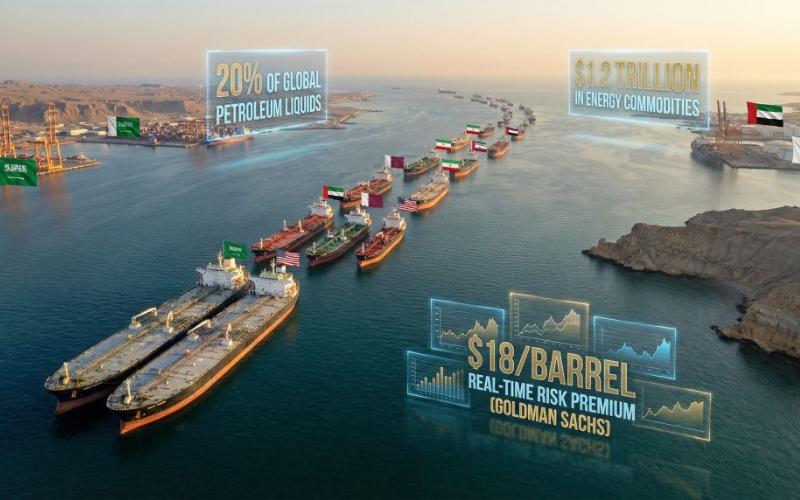SVZ Unveils 2025 Food and Beverage Trends: Nutrition, Rebellion, and Sustainability Take Center Stage

1. Back to Basics: Fundamental Nutrition
The first trend highlights consumers’ renewed focus on essential nutrition. In a post-pandemic world, the link between diet and health remains a top priority, with most Europeans claiming they now eat more healthily than five years ago. However, confusion over conflicting dietary advice persists, leading many to seek simple, clear nutritional benefits.
Johan Cerstiaens, SVZ’s commercial director, notes: “Shoppers are overwhelmed and wary of vague or complex nutritional claims. They value products that deliver straightforward benefits, such as meeting their daily fruit and vegetable intake.”
According to Mintel’s Food & Drink Trends 2025, one in five consumers is drawn to basic nutritional claims like high fiber or vitamin content. This underpins the rising demand for products such as real fruit purees and vegetable juices, which combine natural flavors with inherent nutritional value.
2. The “So-What” Consumer: Rebellion and Indulgence
In stark contrast to the health-conscious, another group of consumers is emerging: the rebellious “so-what” shopper. This trend celebrates guilt-free indulgence, bold flavors, and unconventional food creations.
Research from Innova Market Insights reveals that 43% of global consumers crave more “crazy” and indulgent options. Similarly, Mintel’s reports highlight the growing appeal of food and drinks that prioritize pleasure over health.
“This trend is fascinating because it offers dual pathways for brands,” says Cerstiaens. “Some can embrace bold, unconventional flavor pairings, while others might focus on authenticity and aligning with consumer values like plant-based diets or ethical sourcing.”
3. Supply and Demands: Food Safety, Security, and Sustainability
The third trend underscores the increasing importance of sustainability and food security, driven by climate change and geopolitical disruptions. From supply chain breakdowns to “skimpflation” (where product quality declines without price changes), consumers are acutely aware of vulnerabilities in the global food system.
In Italy, 77% of adults believe climate change will impact product availability, while two-thirds of global consumers prioritize sustainability more now than two years ago, according to NIQ’s report on sustainability.
“Addressing food security and sustainability is crucial for the future of the F&B industry,” Cerstiaens emphasizes. “Collaboration across the supply chain and innovations in natural ingredients will be key to building a resilient, climate-conscious food system.”
The Road Ahead
SVZ’s insights reveal a dynamic, evolving F&B industry where consumer preferences are increasingly diverse. Whether through nutritional clarity, indulgent rebellion, or sustainable innovation, 2025 promises opportunities for brands to align with shifting values and redefine their role in consumers’ lives.










